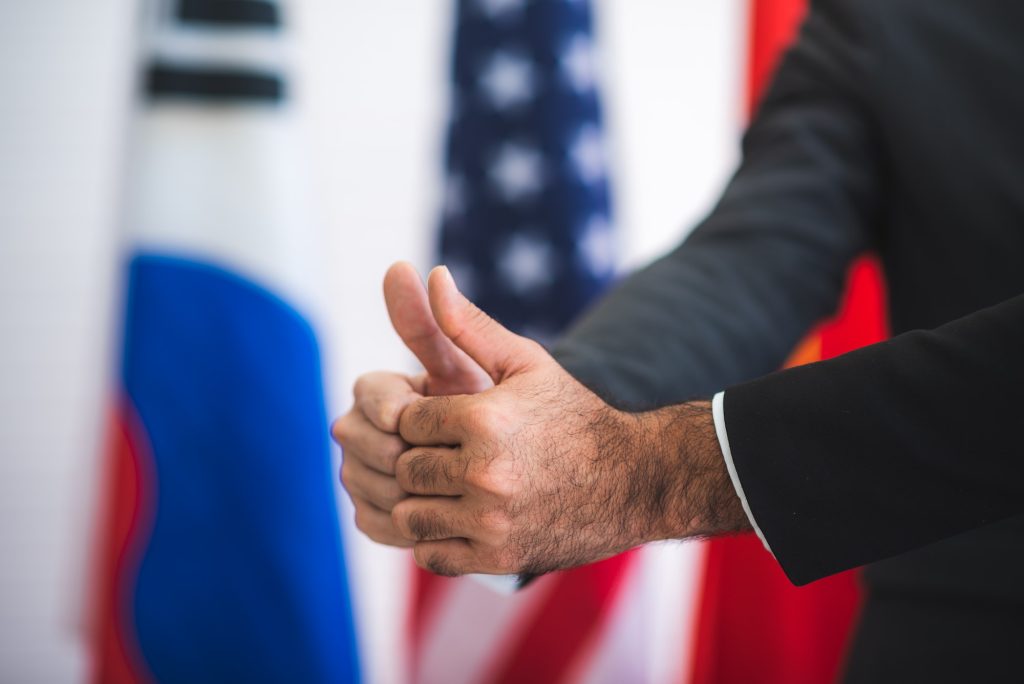
Diplomatic etiquette is crucial in building trust and fostering positive relationships between nations. It serves as a framework for diplomats to engage with one another respectfully, effectively, and efficiently. Diplomatic etiquette encompasses various aspects such as protocol, decorum, and cultural sensitivity. By adhering to these principles, diplomats can establish trust, facilitate communication, and strengthen international relations.
The primary function of diplomatic etiquette is to create an atmosphere of respect and equality among nations. Diplomats are representatives of their respective countries and must conduct themselves in a manner that reflects the dignity and sovereignty of their nation. By following established protocols during official visits or meetings, diplomats demonstrate their commitment to treating each other as equals. This fosters an environment where open dialogue can occur without fear or prejudice.
Diplomatic etiquette helps prevent misunderstandings due to cultural differences. Each country has its unique customs and traditions that shape its prudent practices. Understanding and respecting these differences is essential for effective communication between nations. For example, certain gestures or phrases may be considered offensive in one culture but completely acceptable in another. By being aware of these nuances and adapting accordingly, diplomats can avoid unintentionally causing offense or damaging relationships.
Moreover, diplomatic etiquette promotes transparency by establishing clear guidelines for communication channels between nations. It ensures that information is shared accurately and promptly through official media rather than relying on informal means, which could lead to misinterpretation or manipulation of messages. This transparency builds trust among nations and demonstrates a commitment to honesty and integrity in diplomacy.
Facilitating effective communication, diplomatic etiquette plays a vital role in conflict resolution between nations. Maintaining decorum is crucial for creating an environment conducive to finding common ground during negotiations or peace talks. Respectful behavior allows diplomats to focus on the issues rather than becoming entangled in personal or cultural differences. By adhering to diplomatic etiquette, diplomats can foster trust and cooperation, increasing the likelihood of successful conflict resolution.
It provides a framework for respectful engagement, cultural sensitivity, transparency, and effective communication. Diplomats can establish trust and facilitate open dialogue by following established protocols and respecting one another’s customs and traditions. This strengthens international relations by promoting understanding, resolving conflicts, and working towards common goals. As the world becomes increasingly interconnected, the role of diplomatic etiquette in building positive relationships between nations will only continue to grow in importance.
